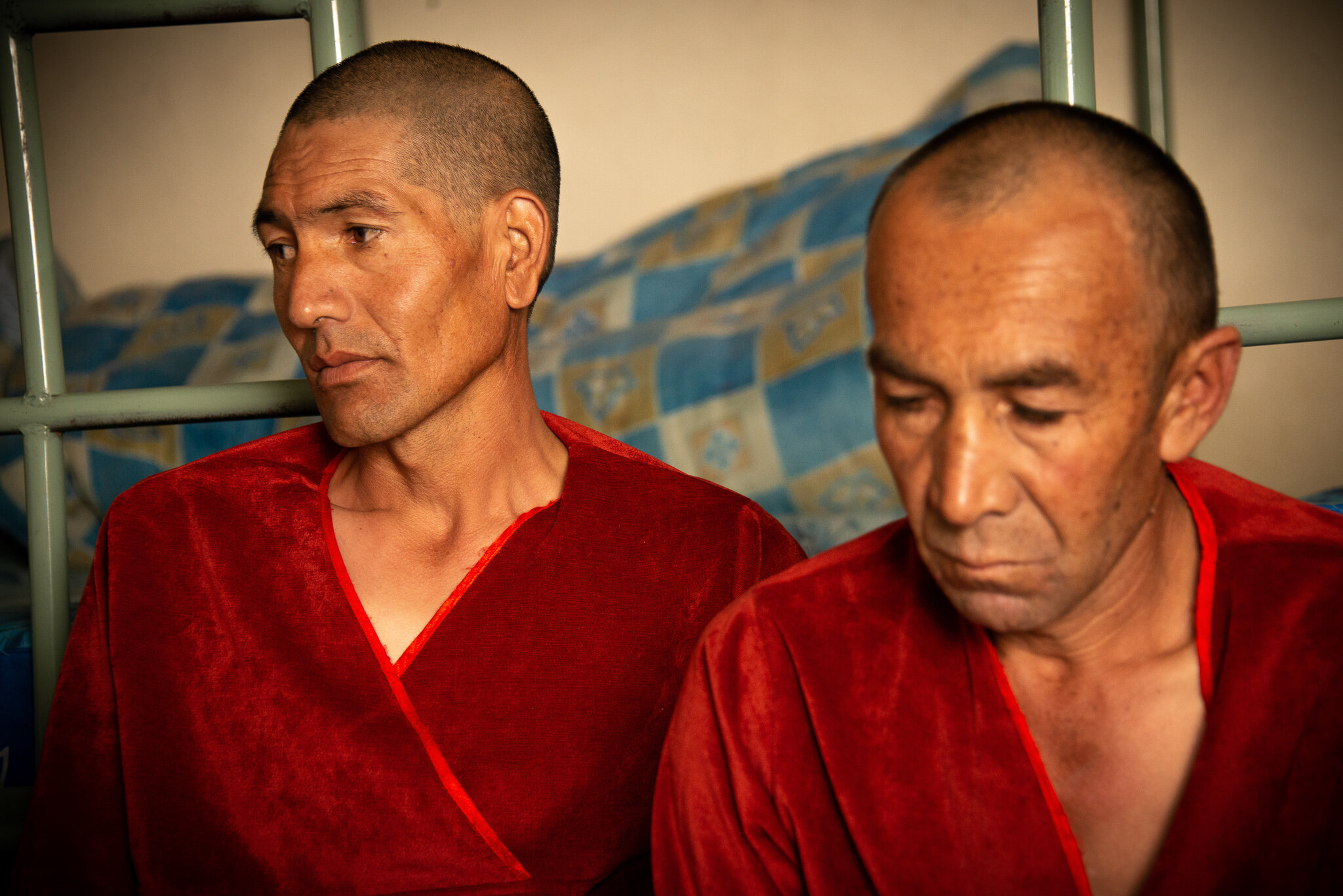Beneath a bridge spanning a heavily polluted inner city river bank live numerous local drug addicts. One can no longer see the ground, because it is covered in layers of garbage, and the stench is overwhelming if you are not used to it. The suffering of war and high unemployment rate have made life all-but-unbearable for some, and for these people drugs have become an easy escape mechanism, eventually causing them to giving up everything else in favor of their addictions. With Afghanistan being one of the world’s largest producer of opium, an industry supported by the Taliban, the numbers of addicts will continue to rise. Now methamphetamine is being made throughout Afghanistan from the naturally abundant ephedra plant, and is rapidly replacing opium as the drug of choice.
In this addict community the crime rate is extremely high, syringe needles float across the surface of the flooded soil, and people walk around as if their souls had been removed. No outsider dares to cross path with this community - unless you are Laila Haidari, who puts her life at extreme risk to convince these addicts to come to her rehabilitation centre, to get clean and restart their lives again. Alone, she climbs into the gutters where many of them lay as she reaches out a hand of guidance and support.
Haidari opened up her own drug rehabilitation centre in a rich suburban neighborhood inside Kabul
city, a place where they would be far away from the drug community where temptation would make it nearly impossible to recover. The men, dressed in orange garments that give them the resemblance of a monks - with shaven heads due to the build up of lice - share a small room together sleeping in hard metal bunk beds. They congratulate one another as they go through the process of detoxing together. The men gather together for meals, activities, chores and prayers, giving them a sense of pride and purpose and a form of family, something they sorely lacked. Like most drug addicts, the men here have lost everything; their jobs, money and their family. They are here to change all of that, to restart their lives again and reunite with the things they once had. Some will succeed, while others will relapse, falling back into the dark world of addiction.
Haidari knew that if she wanted them to stay clean, she would have to find them a job. She decided to open up her own restaurant in Kabul called Taj Begum. Those in recovery would have to prove to her that they were serious about staying sober by staying clean for six months or longer in order to work at the restaurant. Many latch onto this opportunity in hopes to change their future, becoming waiter’s or cooks, cleaners and cashiers. You can tell those who have made it through to the other side of addiction, because a new light shines in their eyes.
Haider has helped around 5,000 drug addicts off the street. They call her mother because for most, Haider is the only person in their lives that gives them that much needed support. Despite the continuous death threats she receives and the difficulties she will encounter if the peace deal falls through, she continues to reach out her hand to these most unfortunate casualties of war.













